What Fruits To Consume And Avoid With Diabetes
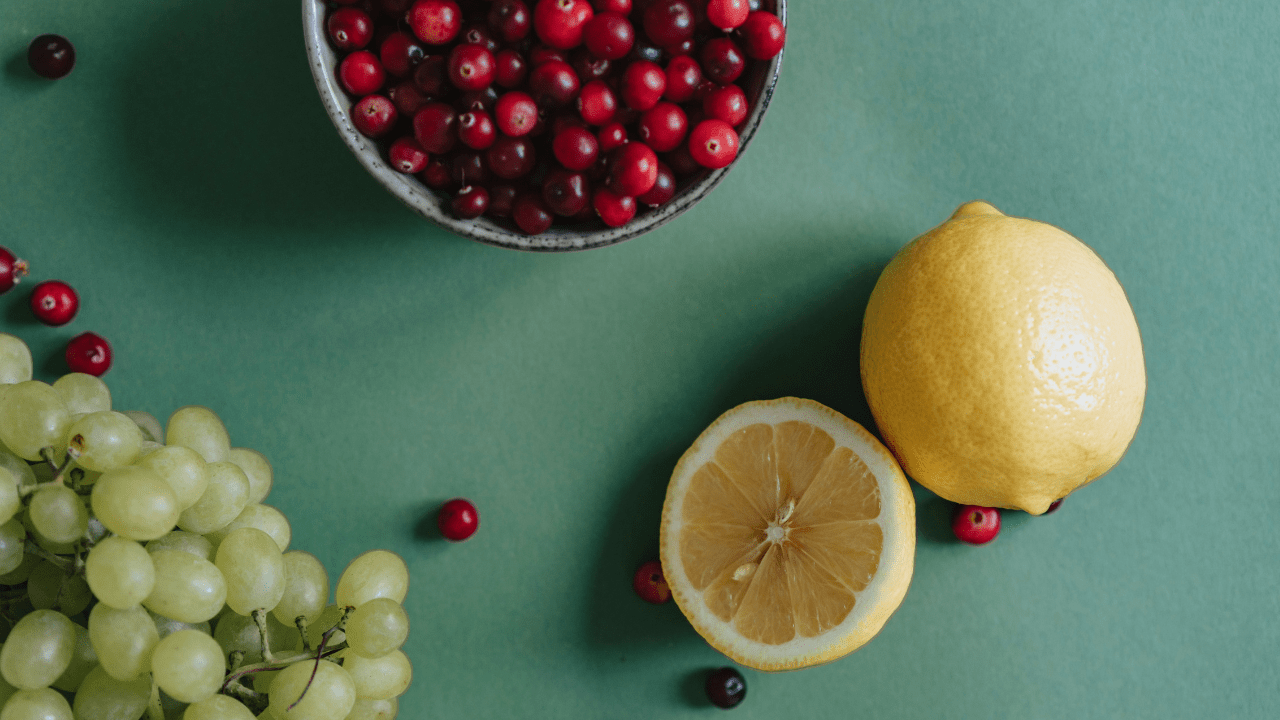
Fruit and diabetes have a complicated history. Since fruit contains sugar, many people believe that diabetics have to steer clear of the sweet stuff completely.
But, the research suggests otherwise. Fruits are actually beneficial for us all and that includes people living with diabetes. The good news is, there’s no need to have a blanket ban on fruit altogether. It all really depends on what fruits you eat and how much you consume.
To help you sift fact from fiction, we’re busting some of the biggest myths around diabetes and fruit, including a guide to low-sugar fruits to add to your plate.
Can people with diabetes eat fruit?
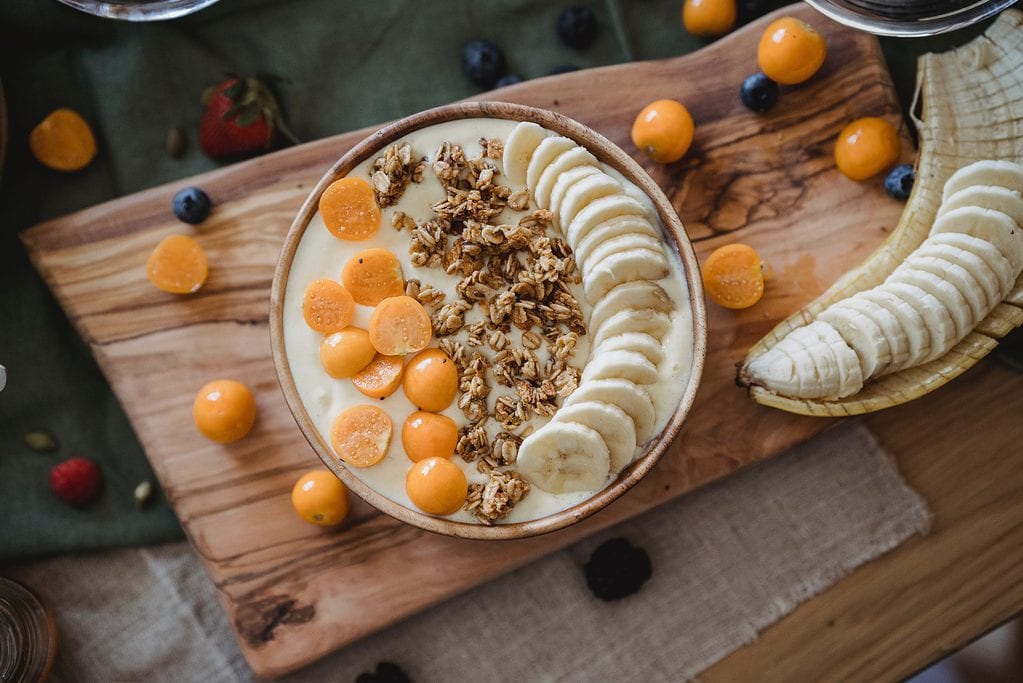
Since diabetes relates to managing long-term blood glucose levels, some people assume eating fruits that contain sugar can make your blood glucose levels spike. But, most fruits actually have a low to medium glycaemic index (GI), meaning they’re fruits with low sugar. So, it’s actually unlikely a spike in glucose levels will happen.
Plus a PLoS One study found that high amounts of fresh fruit a person consumes can have some positive health impacts when it comes to diabetes.
The study found that high fruit consumption is linked with a lower risk of diabetes along with fewer health complications in people already living with diabetes. Another Australian study also showed higher fruit intake was associated with better glucose tolerance and a lower risk of developing diabetes in the first place.
How is fruit processed by the body?
So, where does all this confusion stem from? Typically, it comes back to a lack of understanding around how foods (like fruit) are processed by the body and how these sugars interact with our glucose levels.
So, let’s break it down. Fruit contains natural sugars that are processed a little differently from the type of sugars that spike your glucose levels.
Fruit contains a combination of sugars in the form of fructose, sucrose and glucose, which is broken down into glucose. It contains a bunch of nutrients that are beneficial and keeps your metabolism stable for longer.
Fruit also contains fibre which helps to slow the rate at which your body absorbs sugar. Since fruits are also typically considered low GI carbohydrates they enter the bloodstream at a slower pace so they have less of an impact on glucose levels.
On the other hand, added sugars (such as those you might find in ice cream or chocolate bars) are processed faster and are either used for energy or sent straight to the liver for fat storage. This also spikes your glucose levels quickly and drops fast too so you experience the dreaded phenomenon we all know as the ‘sugar crash.’
How diabetes affects the way the body processes fruit
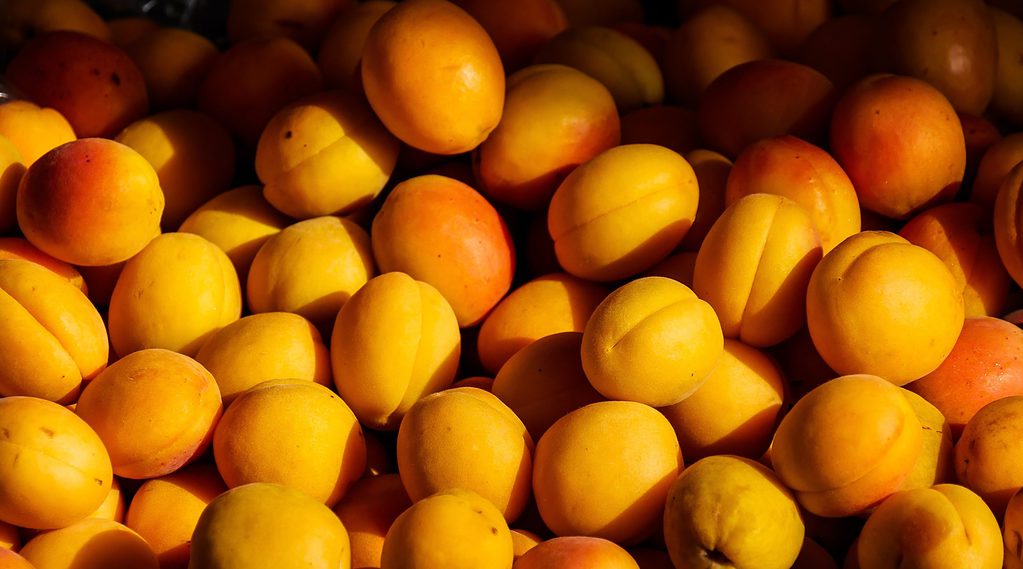
Everybody breaks down carbohydrates and converts them into a simple sugar called glucose, which is a form of energy carried through the blood.
The supply of glucose in the body needs to be constant and dependable. But, people with diabetes may have insufficient insulin which is responsible for glucose entering the body. For people with diabetes, this means their blood glucose levels tend to be too high.
For this reason, people with diabetes have to be careful about how much sugar they consume to make sure their blood glucose levels don’t spike too high. But, that doesn’t mean all kinds of fruits are off-limits. It just means you have to be mindful of what fruits you eat, opting for low-sugar fruits and being considerate about how much of them you eat and the quantities you consume.
The best low-sugar fruits for diabetics
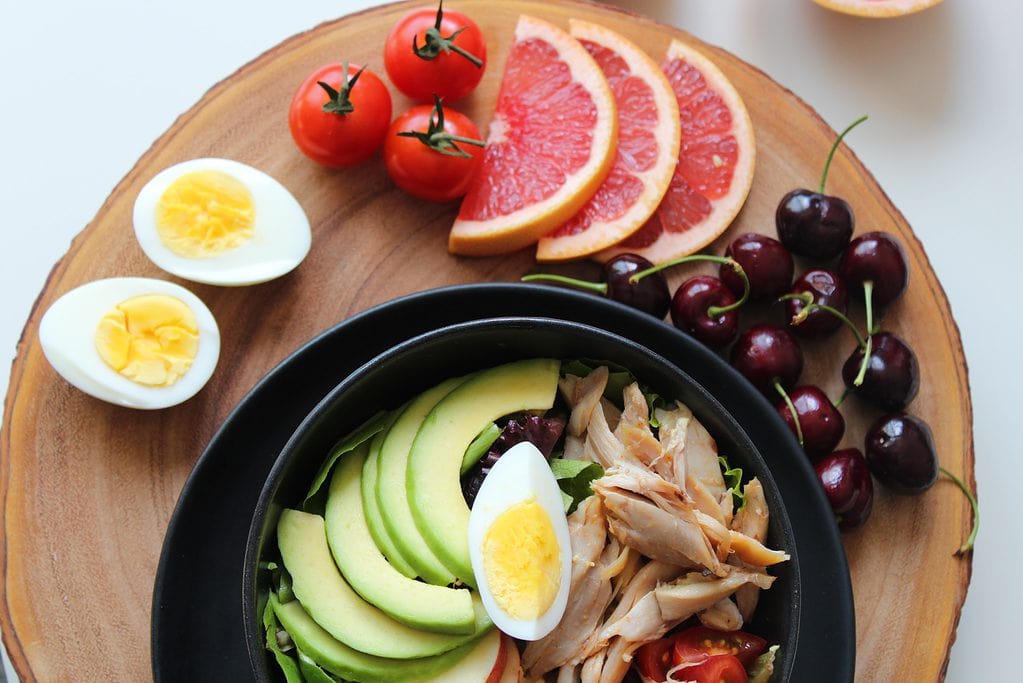
Generally speaking, fruits are not your enemy even if you have diabetes. It really all comes down to eating low-GI fruits in moderation. So, what fruits should you enjoy eating?
The best way to choose fruits is by checking their GI, which measures how much a type of food increases a person’s blood sugar level. Foods with a GI of 55 or less are considered low GI foods which help regulate blood sugar.
Ready to reap the benefits of nourishing, nutrient-rich low GI fruits? Here are a few low-sugar fruits people with diabetes should prioritise:
- Apples
- Blueberries
- Peaches
- Plumps
- Strawberries
- Raspberries
- Pears
- Cherries
- Grapefruit
- Oranges
Aside from these fruits being low GI, they also offer a bunch of nutrients and health benefits like vitamin C, potassium, antioxidants and fibre. These nutrients will keep you fuller for longer and will ensure your body is fuelled for the day ahead.
High-sugar fruits to avoid in diabetes (or eat in moderation)
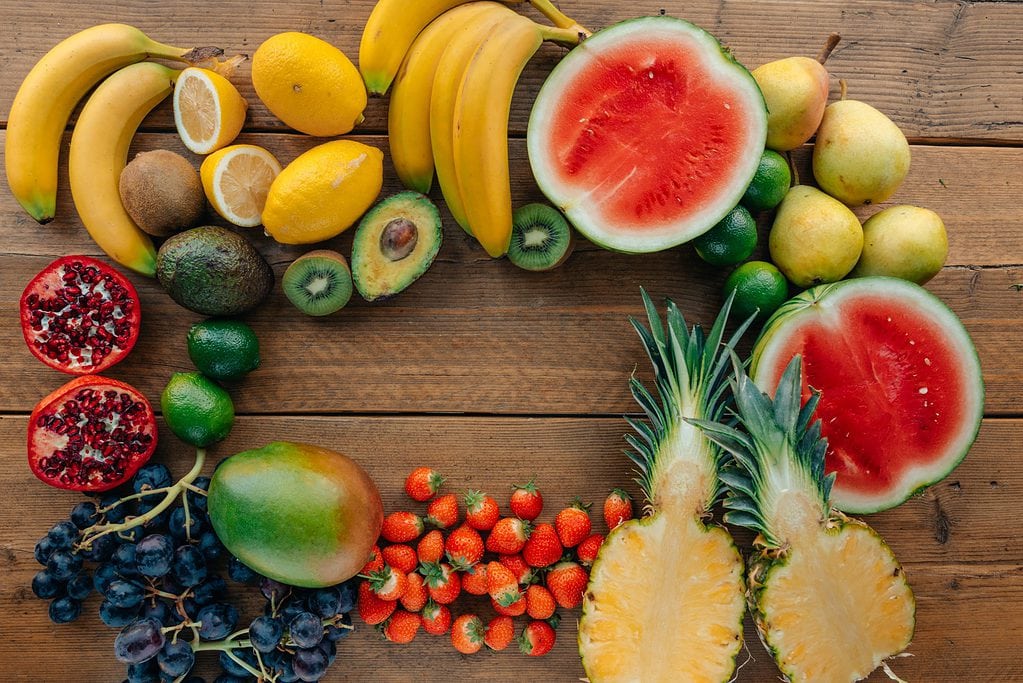
Here’s the thing: even high-sugar fruits are okay for people living with diabetes. The key is the frequency and quantity you consume them.
High GI and high-sugar fruits shouldn’t be consumed in high quantities, particularly if you’re living with diabetes. But it doesn’t mean you need to avoid them altogether.
By learning what fruits are higher in sugar, you can enjoy them in moderation and keep your blood sugar levels stable.
Here are some high-sugar fruits to be aware of:
- Dried fruits (usually containing added sugar)
- Fruit juices: these remove most of the fruit’s fibre which then increases the rate at which your body absorbs sugar (the opposite desired effect).
- Pineapple
- Banana
- Watermelon
It’s also important to be mindful of portion sizes when choosing fruit. How much fruit you can eat depends on the type of fruit you’re eating so it’s important to check with your doctor about specific dietary requirements and guidance for your personal situation.
How we approach eating fruit at Noom
At Noom, we believe that no food is completely off-limits. Instead, we categorise food based on a traffic light system. When you log meals with Noom, we’ll instantly let you know whether it’s considered green, yellow or red.
Most fruits are considered green foods, meaning they offer high nutritional value and are the least calorie-dense foods. For people with diabetes, it’s important to consume healthy carbs and sugars which include fruits and try to avoid or eat in moderation added sugars which you see in fruit juices that can spike your sugar levels.
At the end of the day, your GP will be the best person to ask when it comes to understanding what fruits are ok to eat and what fruits you should limit. But if you’re looking to kickstart of how to make food work for your body, your free trial of Noom is waiting for you.

